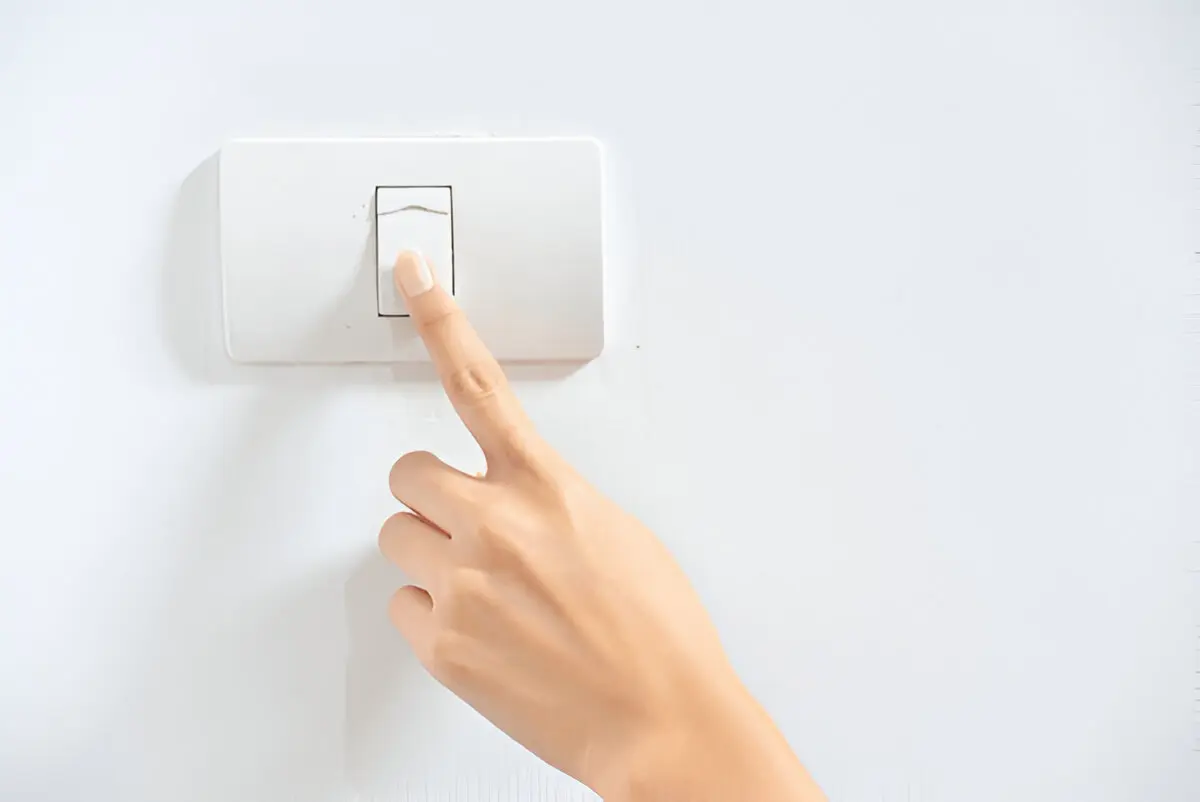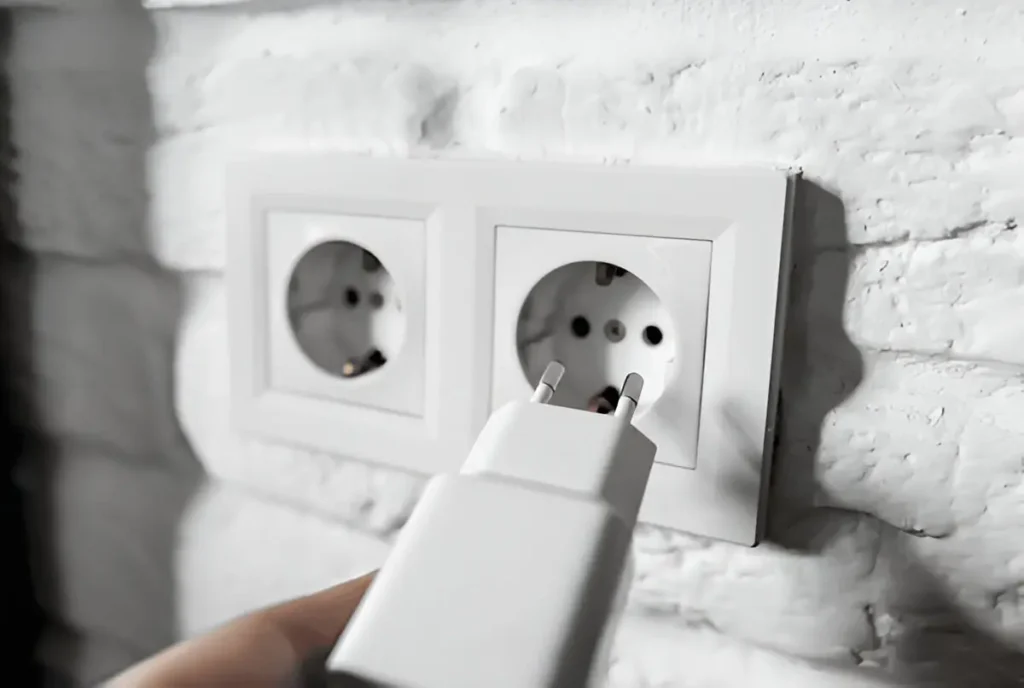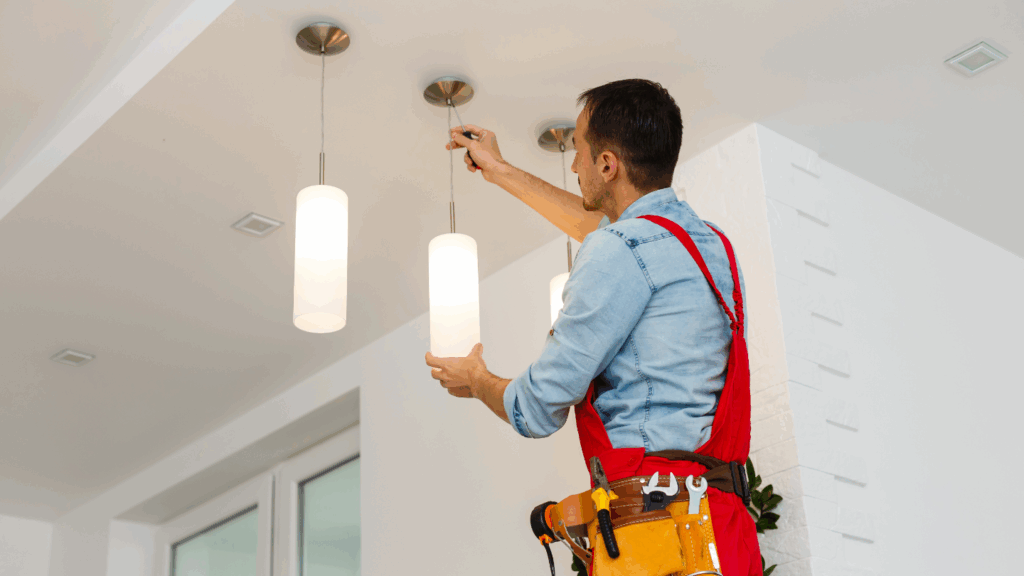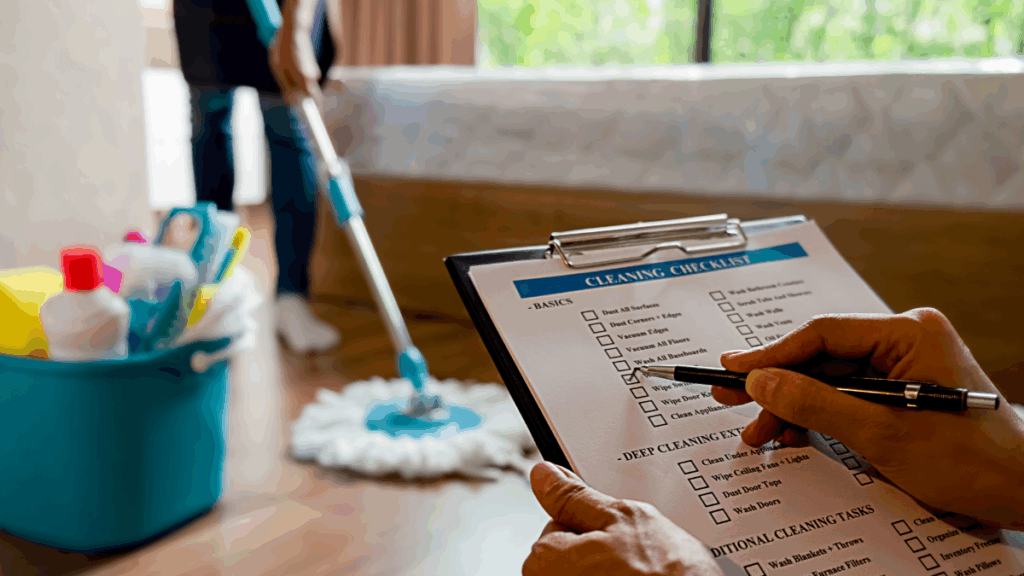Take a look around your home. Chances are that you will find multiple appliances plugged in. That is how much we have become accustomed to using devices. It has become a habit to leave them plugged in and connected. Doing this, however, means we are using more and more electricity. With the world working towards saving energy and reducing environmental impact, this begs the question: Does unplugging appliances save electricity?
This is exactly what we’ll answer in this blog. Here, you will learn about phantom energy and how you can reduce it. We will also discuss if unplugging appliances saves electricity and the environmental benefits it provides.
So, should you disconnect your devices or leave them plugged in? Discover the truth here!
What Is Phantom Energy?
Phantom energy is the electricity that is consumed when appliances are plugged in but not in use. Even when devices are in sleep, idle, or standby mode, they continue to draw energy in small amounts as long as they are connected to the grid. This can add up and account for up to 10 percent of your electricity bill. It is also known as standby power, phantom load, and vampire power.
Some common energy vampires include devices and appliances like:
- Televisions and cable boxes
- Computers and laptops
- Cell phone, tablet, and smart watch chargers
- Gaming consoles
- Microwave ovens, etc.
How It Works
Appliances and devices can consume energy even when they are left unused. Newer devices come with a transformer inside that contains two coils. One of these coils always stays on when the device is plugged in. This active coil draws electricity, which ends up being phantom energy.
Does Unplugging Appliances Save Electricity?
Yes, it does. If you unplug your appliances and devices, you can actually save electricity. This helps reduce your energy consumption and lower electric bills. According to a report by the Natural Resources Defense Council (NRDC), unplugging would save consumers a total of 64 billion kilowatt-hours of electricity per year.
How Much Can You Save by Unplugging Appliances?
Unplugging unused appliances and electronics can save money on your electric bills. But how much? According to the United States Department of Energy, you can save as much as $100 per year if you unplug devices. Moreover, the NRDC report we mentioned earlier states that you can save a total of $8 billion annually by unplugging appliances like your TV.
The following table can give you an idea about the electricity usage and energy costs of common household items:
| Appliance or Device | Standby Energy Usage | Electricity Cost Per Year |
| Coffee Maker | 1.14 Watts | $0.79 |
| Microwave Oven | 3.08 Watts | $2.13 |
| Typical LCD TV | 3.06 Watts | $2.11 |
| Sony PlayStation 4 | 8.4 Watts
When left idle on the home screen: 88 Watts |
$5.80
When left idle on the home screen: $60.72 |
| Microsoft Xbox One | 15.7 Watts
When left idle on the home screen: 72 Watts |
$10.83
When left idle on the home screen: $49.68 |
| Cellphone Charger | No phone plugged in: 0.26 Watts
Phone plugged in and fully charged: 2.24 Watts |
No phone plugged in: $0.18
Phone plugged in and fully charged: $1.55 |
| Mini Audio System | 8.32 Watts | $5.74 |
Tips for Reducing Phantom Energy
Now that we’ve established how phantom load increases your home energy bill, let us look at some tips to reduce it. You can make a habit of unplugging appliances to save on electric costs. Alternatively, smart power strips can help you use less household electricity.
Try to make it a habit to unplug the many appliances at your home manually. For example, disconnecting devices every night or before you leave your house can save you money. It is a simple yet cost-effective approach that helps reduce energy usage.
Using smart power strips is a great way to save electricity and money. They detect when a device is in standby mode and cut off its power supply. This helps conserve energy usage and costs.
Energy efficient appliances help keep the electricity you use in check. These devices use less energy and save money and electricity. For instance, a new fridge with an Energy Star label uses 35 percent less electricity than an older model.
You can also use timers to automatically turn off the devices that are connected to the grid.
Debunking Myths About Unplugging Appliances
Common myths are that unplugging isn’t necessary and that appliances don’t use phantom energy when not active. However, both of these claims are false, as we’ve discussed in this blog. Studies and reports have irrefutably proven that unplugging appliances can reduce overall energy consumption.
Many people also believe phantom power is too small to worry about. However, it can quickly pile up and lead to higher energy bills.
Environmental Benefits of Unplugging Appliances
In addition to energy savings, reducing phantom load also benefits the environment. According to Harvard University and the Lawrence Berkeley National Laboratory, phantom energy causes about 1% of the world’s carbon dioxide emissions. This means disconnecting the electronics plugged in can play a part in ensuring a greener planet. As a result, it directly results in sustainable living. Even unplugging small appliances can make a difference on a large scale.
Conclusion
To summarize, yes, unplugging appliances saves energy. It reduces the amount of electricity being consumed by your devices and appliances. As such, unplugging the devices that aren’t in use is a good practice. It can also save you money, reduce greenhouse gas emissions, and lead to sustainable and less expensive living.
Want to get your electronics and electrical system looked at? Download the House Fly app! You can connect with the leading electricians in your area. From simple repairs to major installations, they can help with it all. You can also check their reviews and compare prices from different electricians. No more waiting around for quotes – simply select your preferred professional and check real-time pricing. Match your availability with theirs and book away!
Visit our website or call us for more information.

















